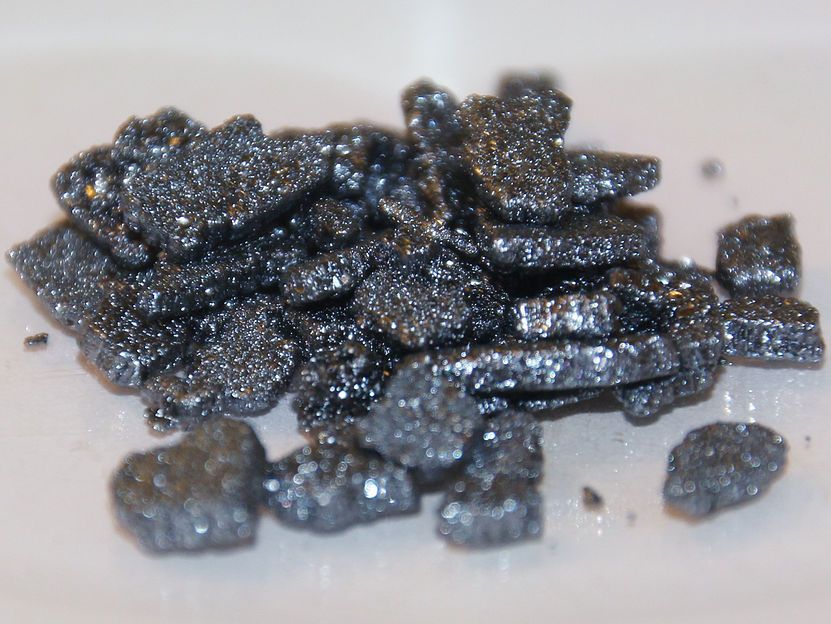Minerals are essential nutrients that our bodies need in order to function properly. Unlike vitamins, which are organic compounds that our bodies cannot produce on their own and must be obtained through the diet, minerals are inorganic compounds that our bodies can obtain from the food we eat or from supplements.
There are two types of minerals: macrominerals and trace minerals. Macrominerals are needed in larger amounts and include calcium, phosphorus, magnesium, sodium, potassium, and chloride. Trace minerals are needed in smaller amounts and include iron, zinc, copper, selenium, iodine, fluoride, and chromium.
Calcium is an important mineral for bone health and muscle function. It is also involved in nerve function and blood clotting. Good dietary sources of calcium include dairy products, leafy green vegetables, and fortified foods.
Phosphorus is important for bone and teeth health, as well as energy production and DNA synthesis. Good dietary sources of phosphorus include meat, dairy, whole grains, and nuts.
Magnesium is important for bone health, nerve function, and energy production. It is also involved in muscle function and the regulation of heart rhythm. Good dietary sources of magnesium include leafy green vegetables, nuts, and whole grains.
Sodium is important for fluid balance and nerve function, but excessive intake can lead to high blood pressure and other health problems. Good dietary sources of sodium include salt and processed foods.
Potassium is important for fluid balance and nerve function, as well as muscle function and blood pressure regulation. Good dietary sources of potassium include fruits, vegetables, and dairy products.
Chloride is important for fluid balance and the production of stomach acid. Good dietary sources of chloride include salt and processed foods.
Iron is important for the production of hemoglobin, which carries oxygen in the blood. Good dietary sources of iron include meat, poultry, fish, beans, and fortified grains.
Zinc is important for immune function, wound healing, and DNA synthesis. Good dietary sources of zinc include meat, shellfish, beans, and fortified grains.
Copper is important for the production of red blood cells, as well as the function of the immune system and the nervous system. Good dietary sources of copper include liver, shellfish, nuts, and seeds.
Selenium is important for thyroid function and antioxidant activity. Good dietary sources of selenium include Brazil nuts, fish, and poultry.
Iodine is important for thyroid function and brain development. Good dietary sources of iodine include iodized salt, seafood, and dairy products.
Fluoride is important for dental health. Good dietary sources of fluoride include fluoridated water and toothpaste.
Chromium is important for insulin function and glucose metabolism. Good dietary sources of chromium include meat, whole grains, and nuts.
Overall, minerals are essential nutrients that play important roles in a variety of bodily functions. While most people can obtain the minerals they need from a balanced diet, some may need to supplement their intake with mineral supplements. It is important to talk to your healthcare provider before starting any new supplement regimen.


